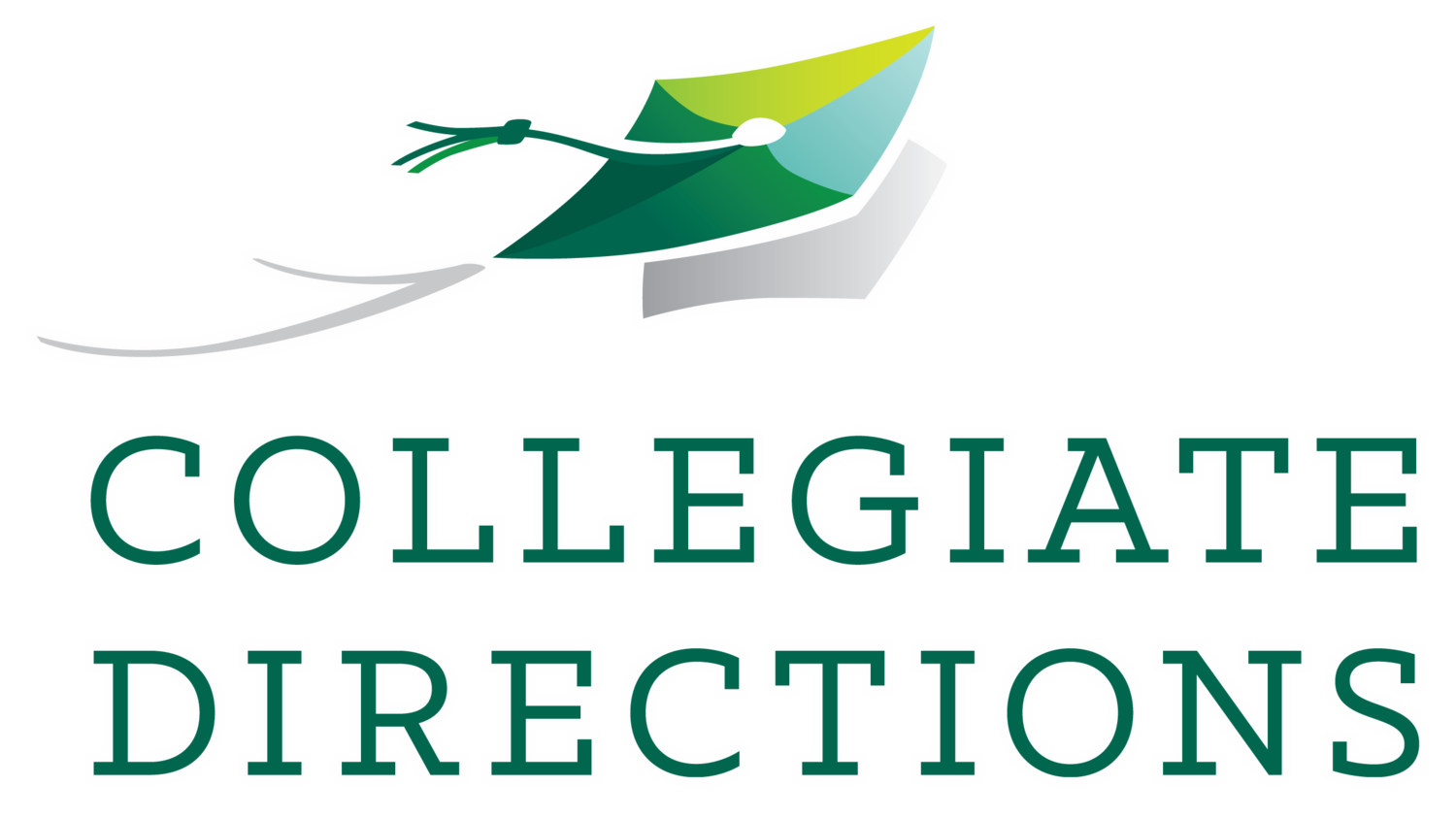
Guiding Support
School Support Program
CDI’s School Support Program extends our work to high school college advising offices through tailored consulting focused on helping school counselors and staff improve college advising and supporting students to find their best-fit college. Impacting more than 8,000 local students, the CDI team works individually with high school staff and administrators, providing context-specific coaching to schools to create or strengthen their college advising programs in the following seven areas:
• College Match and Fit
• College Admission
• Financial Aid
• Data Analysis School Collaboration
• Transition to College
• College Tracking
The CDI Process
Step 1: Diagnostic Assessment
CDI works with school partners to develop a diagnostic assessment of their current capacity to provide impactful college and financial aid guidance. This assessment is critical to the overall success of our work, and CDI interviews stakeholders and gathers data to create a baseline from which all future success is measured.
Step 2: Benchmarking for Success
Following the diagnostic assessment, CDI collaborates with counseling staff and school leaders to create clear benchmarks for success using our CDI Counseling Rubric. We developed our Counseling Rubric through years of school-based partnerships, and it serves as a comprehensive guide to the overall health of a college guidance office.
Step 3: Implementation
Using the Counseling Rubric as a measurement tool throughout our contract, CDI will then begin to implement the necessary steps for all stakeholders to ensure students have the best chance to access the post-secondary colleges and careers they deserve.
The School Support Program has produced the following results:
Financial Aid
Creation of FAFSA event where parents and students can come to the school for help to complete financial aid documents.
8% increase in Scholar FAFSA completion
School Collaboration
Establishment of college advising structures, policies and procedures
Hiring of key college office staff members
Utilization of software to track college applications and students
Match & Fit
Increased student and parent engagement
Establishment of college planning family meetings
Connection with college admission representatives
On-campus college admissions event
Why Our Work Matters
In Maryland, on average, each high school counselor is responsible for approximately 369 students. In Washington D.C. each counselor is responsible for serving approximately 361 students. These ratios are not unique to Maryland and D.C. and suggest that with such large populations to serve students will be lucky to receive basic college application and admissions counseling. A 2015 study by the National Association for College Admission Counseling found that the average public high school counselor spent only two hours per student over the course of four years on college advising.


